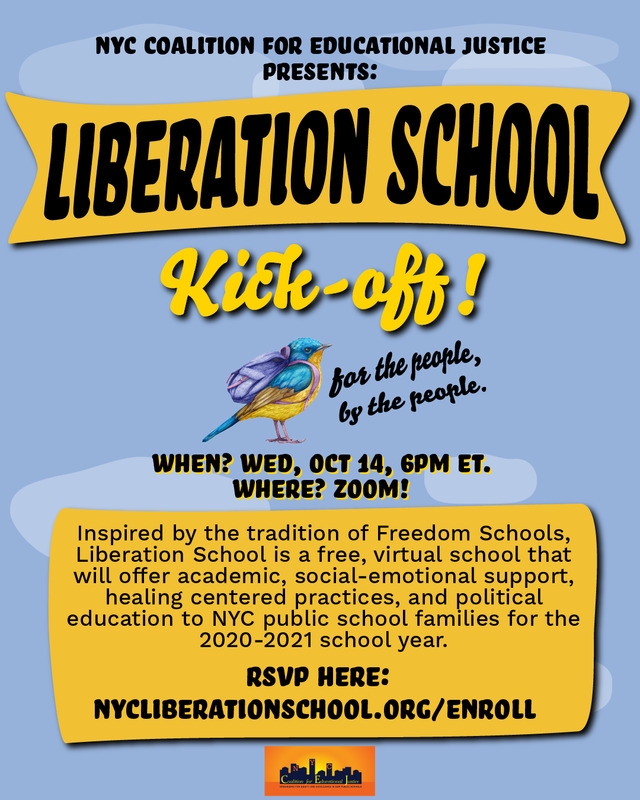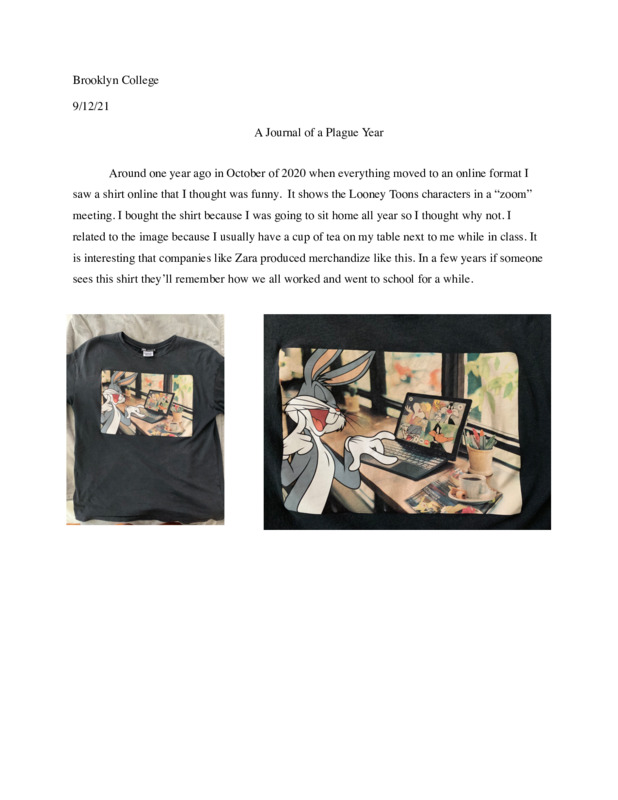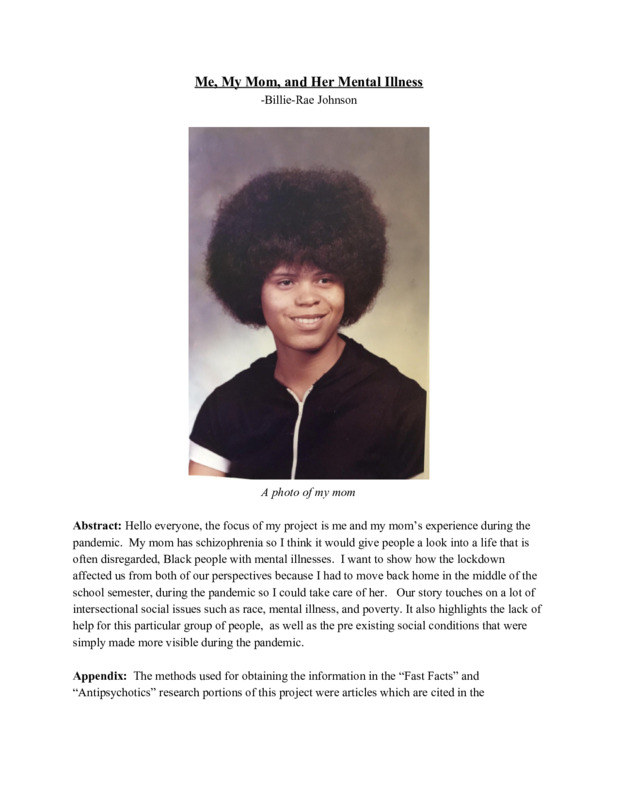Items
Date Modified is exactly
04/26/2022
-
2020-03
Unimaginable Grief
[March 2020] A month in time no one would ever want to go back to. My friend and I were enjoying our day and suddenly got news that campus will be closed until further notice. It was a scary and confusing moment; before you knew it everyone was talking about the virus. We definitely underestimated the virus and saw it spread in the blink of an eye. Slowly but surely we all began to realize how serious this was and prayed day and night for it to end. Cities went on lockdown, thousands became unemployed, and families grieved the loss of loved ones suddenly taken by this evil virus. I am so fortunate enough to have my close family and friends here with me today, but that does not mean these last one and a half years did not take a toll on me mentally. We've lost many loving family friends whom we never expected to lose this early. One thing the pandemic, thankfully, taught me is to appreciate those who you love because you do not know when they can be taken away from you. As hard as this experience was, I am grateful for the ups and downs and pray for the beautiful souls lost. Rest In Peace <3 -
 2020-10
2020-10Liberation School: the Mobilization of Back and Brown Parents, Healers and Educators
Liberation School was a free, virtual online school that offered academic support courses, social-emotional support, healing centered practices, and political education courses to NYC public school families throughout the 2020-21 school year. Created by the NYC Coalition for Educational Justice, the city's largest parent organizing group, Liberation school was designed as a response to the failings of the Department of Education to adequately provide the resources and support needed for marginalized students. While many principals, teachers and school staff put their hearts and souls into supporting NYC children during this global pandemic, it was clear that families could not solely rely on City Hall and the Department of Education to deliver a safe, quality education to children finishing out the 2020 school year and going into the 2020-21 school year. Black and brown students and families in New York City have faced the harshest, most devastating impacts of the COVID-19 pandemic and systemic racism. Previous inequities in the school system have revealed themselves and worsened. The Department of Education (DOE) and City Hall did not provide the necessary resources and support for parents and youth navigating remote and blended learning for the first time in a timely fashion or accessible to non-English monolingual families. While many white affluent families were hiring teachers to create learning pods, CEJ designed Liberation School for Black, Brown, Immigrant, and low-income families, who don’t have the financial resources to hire personal teachers or tutors. An important value that shaped the creation of Liberation Schools is the idea of what it truly means to be an ‘inclusive school’. Language Justice is also Educational Justice. CEJ created sessions accessible to the public in multiple languages. Through both multilingual instructors and simultaneous interpretations of English workshops, LS also offered sessions using commonly-used online platforms, outdoor spaces, and live streaming on social media. All courses that were culturally responsive in content and pedagogy and many were conducted in English and Spanish, and some workshops in, Bangla and Mandarin. CEJ was inspired by the tradition of Black Freedom Schools in the 1960s. After Brown v. Board, many schools were still segregated and led to many student movements organizing and fighting for true integration in Northern Cities like Chicago, Boston, and NYC. The first examples of Freedom Schooling were created in the North as an alternative space for students to go to during boycotts in 1963 and 1964. One of most prime examples of Freedom Schooling were the Freedom Schools created by the Student Nonviolent Coordinating Committee (SNCC) in Mississippi. Freedom Schools provided an educational experience for young Black Mississippians to challenge the myths of society, find alternatives to the segregated and racist white supremacists society, to understand the conditions of their oppression, and to create directions for actions in the name of Freedom. There were three general areas for the curriculum of Freedom Schools. One was academic work, which centered around the needs/or interests of the students that incorporated their real life experiences and learning about Black History or understanding the structural institutions. There were also creative activities such as writing, journaling, or arts. The last area was on developing leadership skills and helping students be a part of the change in society. -
 2020-10
2020-10A Journal of a Plague Year
The object I am uploading shows us how fashion is also impacted by Covid, it is really interesting. -
 2020-04-01
2020-04-01Me, My Mom, & Her Mental Illness
This is an auto ethnography about me and my mom's experience when the Covid 19 outbreak and quarantine first started. My mom is a Black woman with Schizophrenia and I am her caretaker so it expands into larger societal issues as well.
